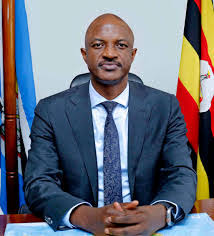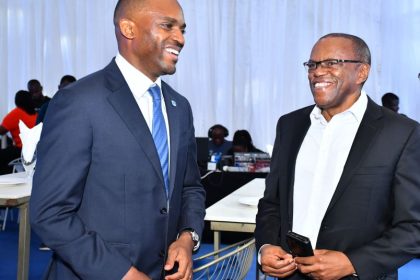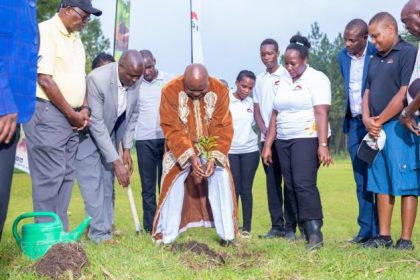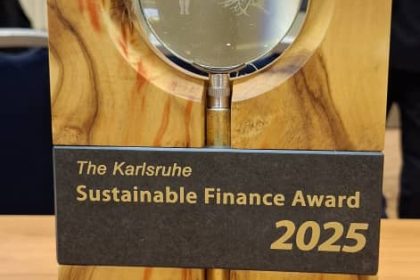Uganda secures USD2 billion in new World Bank financing as IMF talks advance

Uganda will receive more than $2 billion in new concessional financing from the World Bank over the next three financial years, marking a renewed phase of multilateral support for the country’s development agenda.
The announcement was made by Ramathan Ggoobi, Permanent Secretary and Secretary to the Treasury, following the conclusion of the 2025 International Monetary Fund (IMF)/World Bank Annual Meetings held in Washington, D.C.
Ggoobi said the new funding reflects a shift in the World Bank’s approach from project-driven lending to supporting private-sector–led growth.
“The World Bank is now focused more on unlocking the power of the private sector to create jobs,” he said, adding that Uganda’s current total World Bank investment portfolio stands at $4.9 billion.
According to the Treasury, the upcoming funds will be directed toward critical infrastructure and social sectors — including roads and bridges, electricity transmission and distribution, regional city infrastructure, education, agriculture, water and irrigation, and social protection.
Uganda also plans to operationalize an export guarantee scheme and expand investments in skilling and digital infrastructure, as part of its broader tenfold growth strategy.
The International Finance Corporation (IFC), the World Bank’s private-sector arm, is expected to complement these efforts by providing long-term capital to investors in minerals, renewable energy, agro-industrialization, and innovation, and by co-investing with government in selected state-owned enterprises.
Ggoobi confirmed that Uganda has continued discussions with the IMF on a new Extended Credit Facility (ECF) program that will commence after the 2026 elections. The proposed framework will target key fiscal and governance reforms, including, expanding domestic revenue collection; enhancing budgeting discipline to curb supplementary spending; and strengthening financial sector stability.
He said both institutions — the World Bank and IMF — have expressed confidence in Uganda’s economic fundamentals, with the Fund ranking the country among Africa’s fastest-growing economies.
Ggoobi noted that the IMF’s 2025 outlook shows the global economy remains resilient despite policy distortions in major economies, citing the adaptability of the private sector and the adoption of artificial intelligence (AI) as drivers of productivity.
He added that Uganda’s macroeconomic position remains stable, supported by fiscal reforms and sustained growth momentum.
“The Fund is focused on helping us maintain a stable macroeconomy as we build a richer and more prosperous Uganda,” Ggoobi said.
The meetings, which brought together finance ministers and central bank governors from across the world, reaffirmed Uganda’s continued access to concessional financing and its integration into global development partnerships aimed at driving inclusive, private-sector–led growth.


 Kigali to host annual Africa mobile connectivity Congress
Kigali to host annual Africa mobile connectivity Congress
 Cash Is King: SBG’s Semakula urges SMEs to turn liquidity into leverage
Cash Is King: SBG’s Semakula urges SMEs to turn liquidity into leverage
 Equity Bank launches tree planting drive in Bugisu subregion
Equity Bank launches tree planting drive in Bugisu subregion
 Liberty, Stanbic Bancassurance, SafeBoda launch “Protecta Bode” to bridge Uganda’s motor insurance gap
Liberty, Stanbic Bancassurance, SafeBoda launch “Protecta Bode” to bridge Uganda’s motor insurance gap
 UDB wins global sustainability award at Karlsruhe conference
UDB wins global sustainability award at Karlsruhe conference
 Ugandan Fintech Pebuu Africa unveils Naaki, a comic book teaching money skills
Ugandan Fintech Pebuu Africa unveils Naaki, a comic book teaching money skills
